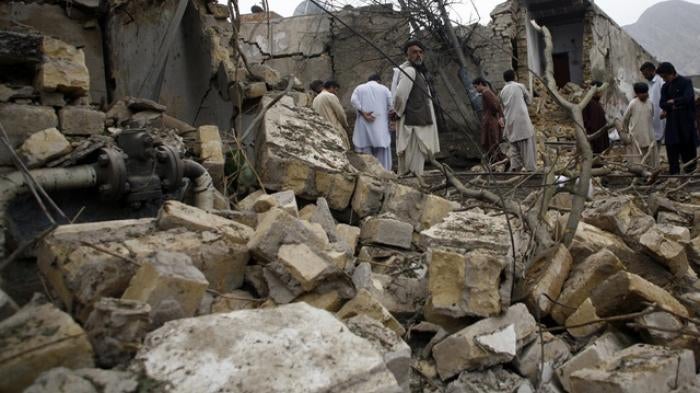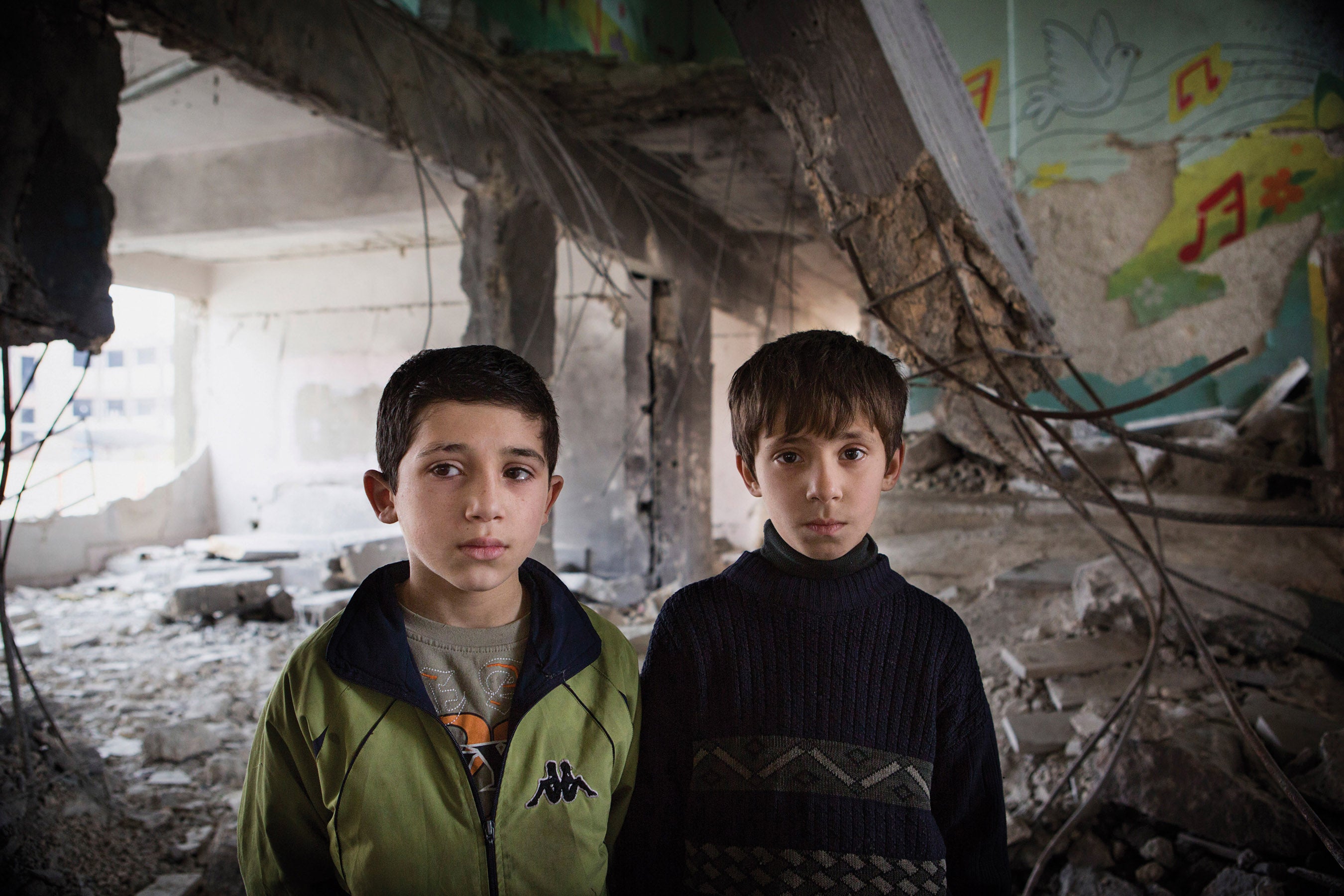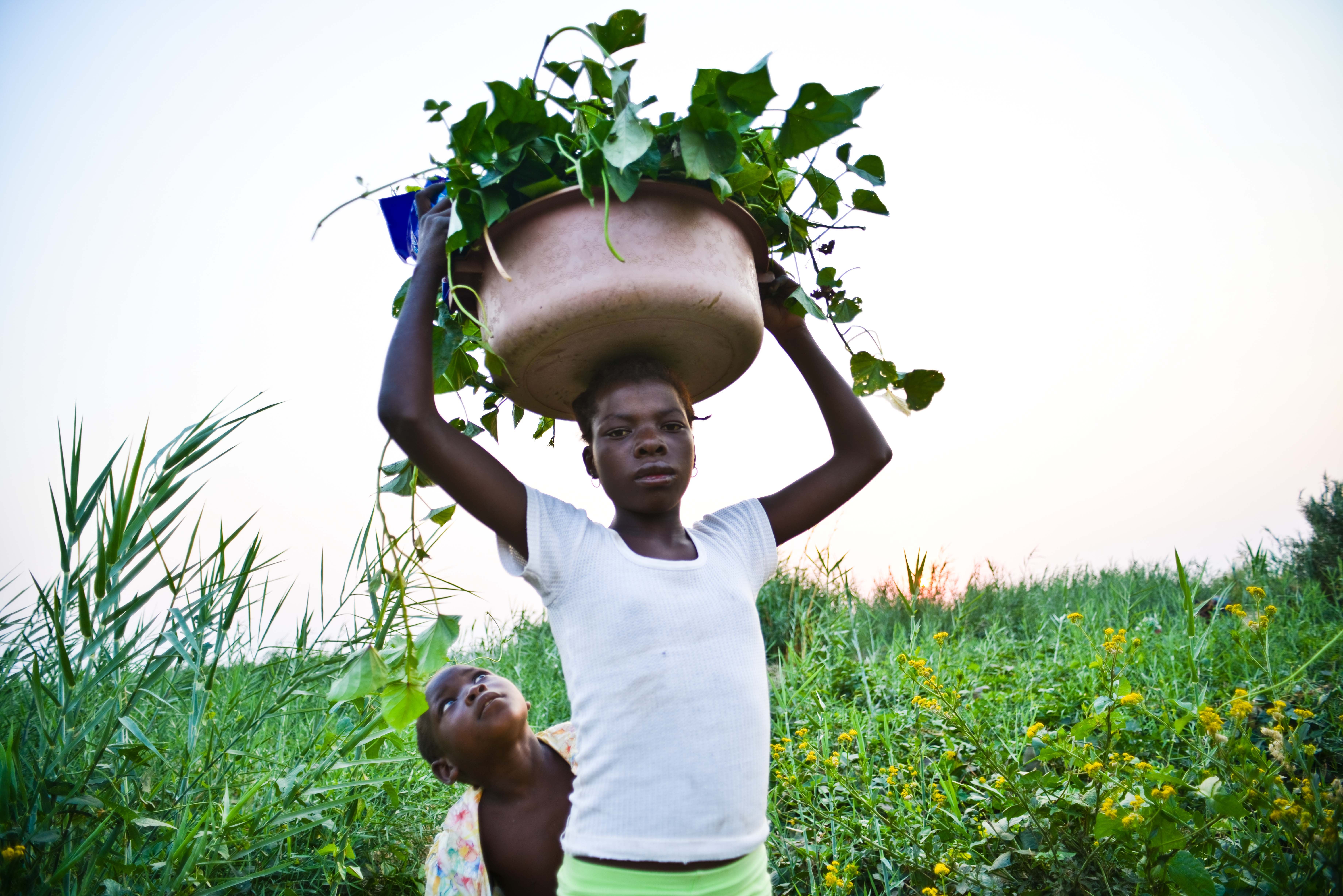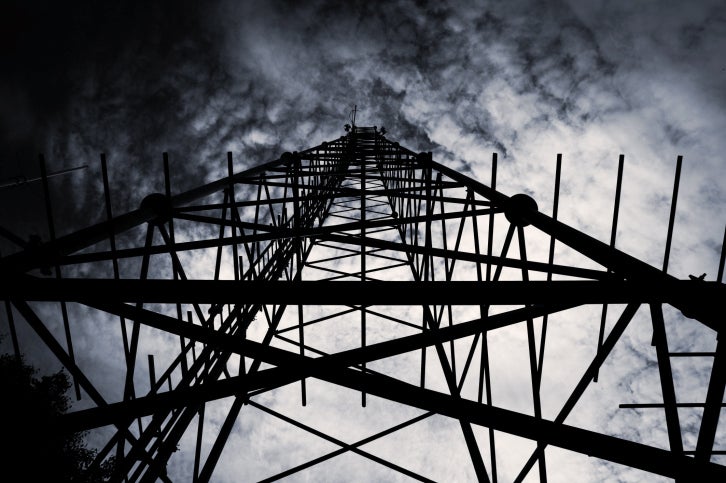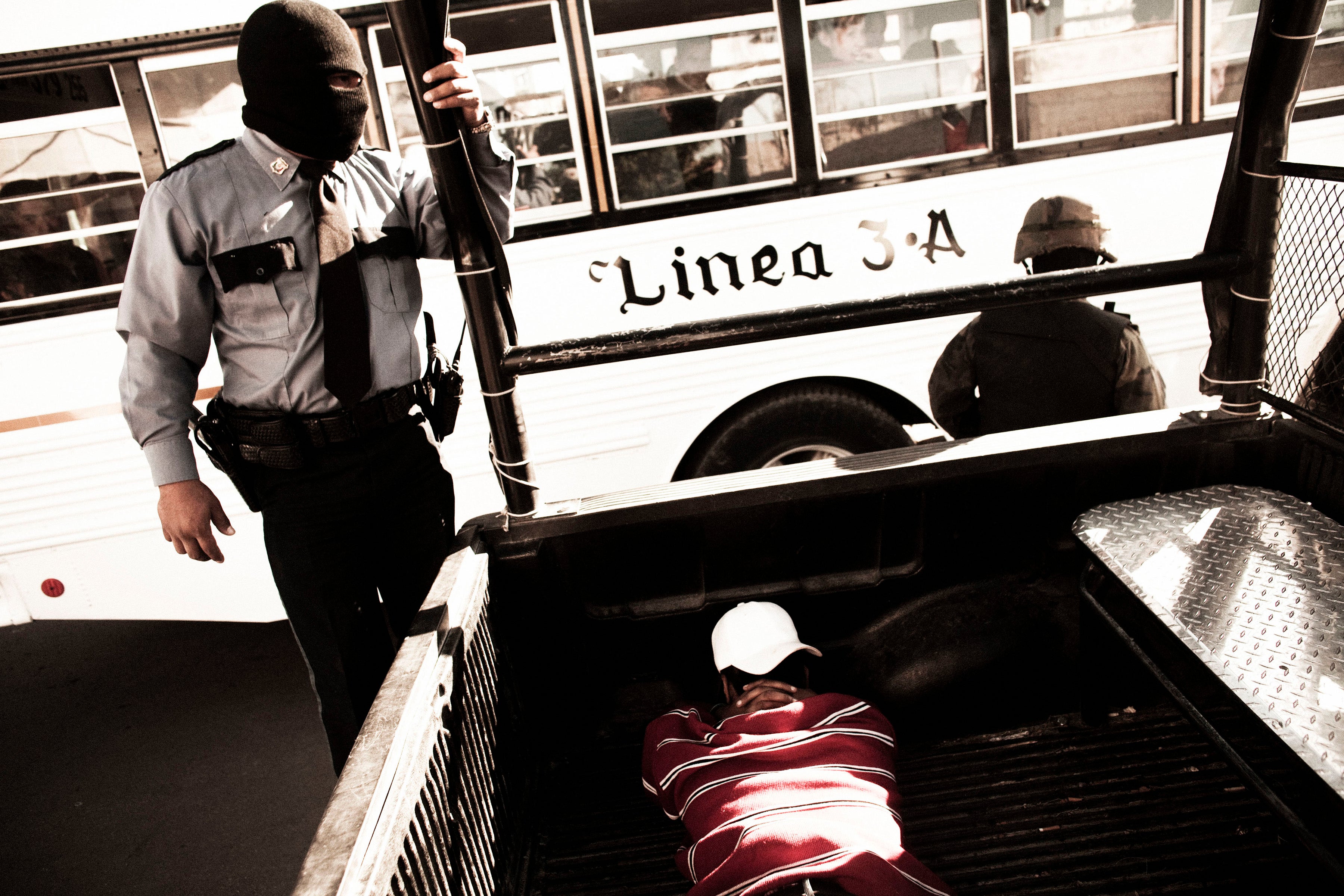Pakistan had another violent year in 2013. Nawaz Sharif’s Pakistan Muslim League won parliamentary elections in May and Sharif became prime minister in June. The elections were marred by a bombing and targeted killing campaign by the Taliban and their affiliates to sabotage the elections. The new government replaced the Pakistan People’s Party-led government, in office since 2008. The constitutional transfer of power from one civilian government to another was the first in Pakistan’s history.
While the military did not hinder the electoral process, it remained unaccountable for human rights violations and exercised disproportionate political influence, especially on matters of national security and counter-terrorism. The deep-rooted security crisis in the country was underscored by the inability or unwillingness of military and civilian institutions to end attacks on the population by militant groups. Islamist militant groups continued to target and kill hundreds of Shia Muslims—particularly from the Hazara community—with impunity. In September, the Christian community experienced the deadliest attack on its members in Pakistan’s history when 81 were killed in a bombing on a church in Peshawar.
There has been a breakdown of law enforcement in the face of politically motivated attacks particularly throughout the province of Balochistan and targeted killings in Karachi. The police and other security forces have been responsible for numerous abuses, including, torture and other ill-treatment of criminal suspects, extrajudicial killings, and unresolved enforced disappearances of terrorism suspects.
The country also faces acute economic problems, exemplified in 2013 by growing electricity shortages and rising food and fuel prices, which hit the country’s poor disproportionately.
At least 22 polio vaccination workers were killed, and 14 wounded in 2012 and 2013 in attacks for which the Taliban claimed responsibility.
Elections
During the election campaign, at least 130 people were killed and over 500 were injured by the Taliban and its affiliates, who declared elections “un-Islamic” and warned voters to stay away from ruling coalition political rallies. The European Union Election Observer Mission noted that “violence by non-state actors unbalanced the playing field and distorted the election process considerably in affected areas,” but the political parties in the outgoing government accepted the results. In September, President Asif Ali Zardari retired upon completion of his term after overseeing an orderly democratic transition.
Sectarian Attacks
Sunni militant groups such as the ostensibly banned Lashkar-e Jhangvi (LEJ), an Al-Qaeda affiliate, operate with virtual impunity across Pakistan, as law enforcement officials either turn a blind eye or appear helpless to prevent attacks.
In 2013, over 400 members of the Shia Muslim population were killed in targeted attacks that took place across Pakistan. In Balochistan province, at least 200 Shias, mostly from the Hazara community, were killed in and around the provincial capital, Quetta. In January, a suicide bomb killed 96 Hazaras and injured at least 150. In February, at least 84 were killed and over 160 injured when a bomb exploded in a vegetable market in Quetta’s Hazara town. The LEJ claimed responsibility for both attacks. In March, at least 47 Shias were killed and 135 injured in the port city of Karachi when a Shia-majority neighborhood was targeted in a bomb attack. Some 50 apartments and 10 shops were destroyed. Throughout the year, dozens of other Shia across Pakistan were targeted and killed.
Religious Minorities
Abuses are rife under the country’s abusive blasphemy law, which is used against religious minorities, often to settle personal disputes. Dozens of people were charged with the offense in 2013. At least 16 people remained on death row for blasphemy, while another 20 were serving life sentences at time of writing. Aasia Bibi, a Christian from Punjab province, who in 2010 became the first woman in the country's history to be sentenced to death for blasphemy, languished in prison. Rimsha Masih, a 14-year-old Christian girl accused of blasphemy and subsequently released in 2012, was granted asylum in Canada in June. In March, several thousand Christians were forced to flee their homes in Lahore after allegations of blasphemy against a local resident, Sawan Masih. A mob of thousands then looted and burned some 150 homes and two churches as police looked on. Sawan Masih remained in jail at time of writing.
In September, a suicide bombing during Sunday Mass at a church in Peshawar killed 81 worshippers and wounded more than 130, the deadliest attack in Pakistan’s history on the beleaguered Christian minority.
Members of the Ahmadiyya religious community continue to be a major target of blasphemy prosecutions and are subjected to longstanding anti-Ahmadi laws across Pakistan. In 2013, they faced increasing social discrimination as militant groups accused them of illegally “posing as Muslims,” barred them from using their mosques in Lahore, vandalized their graves across Punjab province, and freely engaged in hate speech, inciting violence against them as authorities looked the other way or facilitated extremists.
Women and Girls
Violence against women and girls—including rape, “honor” killings, acid attacks, domestic violence, and forced marriage—remains a serious problem in Pakistan.
There have been several thousand “honor” killings in Pakistan in the past decade, with hundreds reported in 2013. Provisions of the Islamic Qisas and Diyat law that allow the next of kin to “forgive” the murderer in exchange for monetary compensation remain in force and continue to be used by offenders to escape punishment.
Despite high levels of domestic violence, parliament failed in 2013 to enact laws to prevent it and protect women who experience it. Efforts to raise the minimum age of marriage to 18 remained stalled.
Judicial Activism and Independence
Pakistan’s judiciary remains an independent but controversial actor. Despite the adoption of a National Judicial Policy in 2009, access to justice remains poor, as case backlogs mount throughout the country. The courts are rife with corruption.
Judges often use suo motu proceedings—the court acting on its own motion—to help people gain access to justice. In other cases, the judiciary has used such proceedings to interfere with legislative or executive powers, part of a longstanding power struggle between Chief Justice Iftikhar Chaudhry, the government, and the army.
The Supreme Court was active in raising enforced disappearances and government abuses in Balochistan in 2013, yet did not hold any high-level military officials accountable, demonstrating the limits of judicial independence in a state in which the military is the most powerful actor.
Judges also continued to muzzle media and other criticism of the judiciary through threats of contempt of court proceedings. The judiciary’s conduct came under severe criticism during the election campaign when judges tried to disqualify political candidates in violation of Pakistan’s international human rights commitments, using vague and discriminatory laws requiring candidates to be pious Muslims, and although repealed in 2009, to be university graduates. Chief Justice Chaudhry, who took a leading role in acting against those critical of the judiciary, retired from office in December.
Balochistan
The human rights crisis in the mineral-rich province continues unabated. As in previous years, 2013 saw enforced disappearances and killings of suspected Baloch militants and opposition activists by the military, intelligence agencies, and the paramilitary Frontier Corps. Baloch nationalists and other militant groups stepped up attacks on non-Baloch civilians.
The government of Nawaz Sharif attempted to achieve reconciliation in the province after the election of Baloch nationalist leader Malik Baloch as chief minister. However, the military continued to resist government reconciliation efforts and attempts to locate ethnic Baloch who had been subject to “disappearances.” Successive Pakistani governments have appeared powerless to rein in abuses by the military and both sectarian and nationalist militant groups. As a result, many members of the Hazara community and non-Baloch ethnic minorities under attack by militants fled the province or country, while Baloch nationalists have continued to allege serious abuses by the military.
Counterterrorism Abuses
Security forces routinely violate basic rights in the course of counterterrorism operations, with suspects frequently detained without charge or convicted without a fair trial. Thousands of suspected members of Al-Qaeda, the Taliban, and other armed groups—who were rounded up in a nationwide crackdown in 2009 in the Swat Valley and the Tribal Areas—remained in illegal military detention at time of writing; few had been prosecuted or produced before the courts.
The army continues to deny lawyers, relatives, independent monitors, and humanitarian agency staff access to persons detained during military operations. In July, Attorney General Munir Malik admitted that more than 500 “disappeared” persons were in security agency custody.
Aerial drone strikes by the US on suspected members of Al-Qaeda and the Taliban continued in northern Pakistan in 2013, though less frequently than in 2012. An estimated 25 strikes had been launched through late November. Hakimullah Mehsud, leader of the Pakistani Taliban, was killed in such a strike in November. As in previous years, many of the strikes were accompanied by claims of large numbers of civilian casualties; a 2013 Amnesty International report documented unlawful civilian casualties in several strikes, but lack of access to the conflict areas largely prevented independent inquiries into their scope, scale, and legality under international law.
Freedom of Expression
At least six journalists were killed in Pakistan in 2013 while reporting stories or as a result of deliberate attacks. Three journalists, Mirza Iqbal Husain, Saif ur Rehman, and Imran Shaikh, were killed in a suicide bombing targeting the Hazara community in Quetta on January 10. In April, Aslam Durrani, news editor of the Urdu-language Daily Pakistan, was killed in a suicide bomb attack during an election rally. In August, the mutilated body of Abdul Razzaq Baloch, a journalist working for the Urdu-language Baluch nationalist newspaper Daily Tawar, was found in Karachi. Razzaq had disappeared in March. In November, Salik Ali Jafri, a producer with Geo TV, a television channel, was killed in a bomb attack in Karachi that targeted Shia Muslims.
A climate of fear impedes media coverage of both state security forces and militant groups. Journalists rarely report on human rights abuses by the military in counterterrorism operations, and the Taliban and other armed groups regularly threaten media outlets over their coverage. YouTube, banned by the government since September 2012 for hosting “blasphemous content,” remained blocked in 2013.
In May, the longtime New York Times Islamabad bureau chief, Declan Walsh, was expelled from the country at the behest of the military because of his coverage of Balochistan and militant groups. Pakistani and international journalists protested his expulsion. The authorities had not allowed Walsh permission to return at time of writing.
Key International Actors
The US remains the largest donor of development and military assistance to Pakistan, but
relations remained unsteady through 2013 despite a meeting between US President Barack Obama and Prime Minister Nawaz Sharif in October. Reasons include increasing public anger in Pakistan over US drone strikes and US allegations of Pakistani support for the Haqqani network, a militant group that US officials accuse of attacking US troops in Afghanistan. Pakistan raised concerns about US drone strikes at the United Nations General Assembly in September.
Despite a 2012 law authorizing creation of a national human rights commission, Pakistan failed to constitute the commission in 2013. In March, during its quadrennial “Universal Periodic Review” appearance before the UN Human Rights Council, Pakistan accepted recommendations that it take measures against religious hatred, prevent violence against religious minorities, and hold to account those responsible for such violence. The government, however, had taken no action to implement these commitments at time of writing. Despite the serious problem of enforced disappearances in the country, Pakistan has not ratified the International Convention for the Protection of All Persons from Enforced Disappearance.
Historically tense relations between Pakistan and nuclear rival India remained poor in 2013 despite a meeting between the prime ministers of the two countries in September. Pakistan and China continued to deepen their already extensive economic and political ties.
